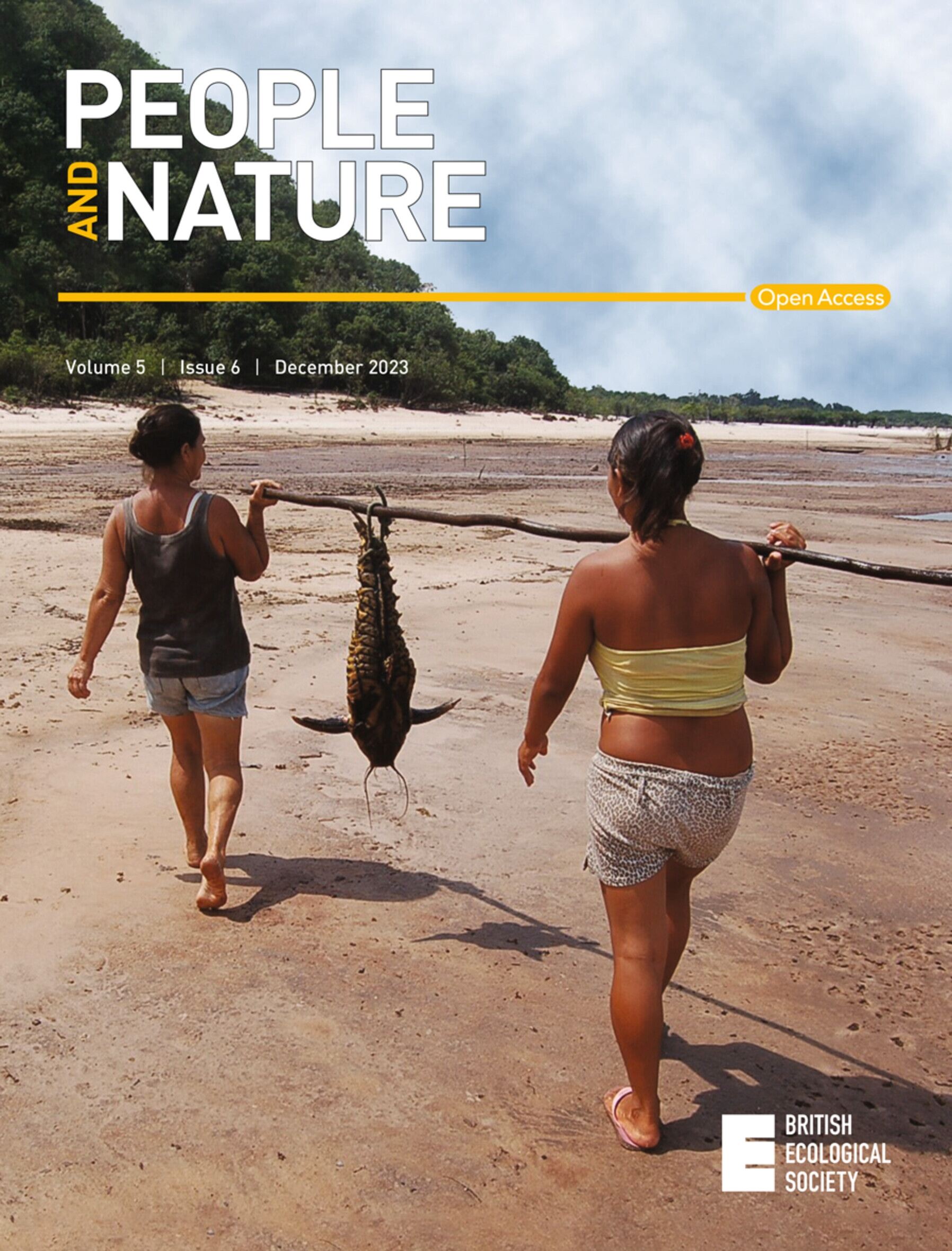Acknowledging and understanding the contributions of nature to human sense of time
IF 4.2
1区 环境科学与生态学
Q1 BIODIVERSITY CONSERVATION
引用次数: 0
Abstract
There is growing evidence that interacting and connecting with nature are essential to maintain human health and well‐being. The benefits of specific nature experiences and the cultural ecosystem services they provide are increasingly being recognized, but many others remain to be discovered and explored. In this perspective piece, I argue that there is a need to better explore the pivotal role of nature experiences in shaping human time perception—our sense of time. Specifically, I outline the main elements of human time perception and the key factors that shape it, describe recent evidence showing that human time perception changes between urban and natural environments and discuss the potential societal gains from developing a better understanding of this relationship. Human time perception is complex and involves at least three key dimensions related to temporal succession, temporal duration and temporal perspective. Time perception is shaped by various contextual factors, including the contents of the time period and the cognitive, emotional and bodily characteristics of the experiencer. There is growing evidence that nature experiences can influence human sense of time by (i) extending human perception of temporal duration and (ii) shifting time perspectives. People who spend time in nature tend to overestimate the length of that experience and show a more positive outlook of the past, present and future, with less focus on a single‐time perspective. In the context of increasing time scarcity in modern urban societies with dire consequences for human health and well‐being, I argue we need a better understanding of how nature experiences shape our sense of time and suggest how future research can provide actionable insights to help restore a healthier and more balanced relationship with time and nature. Read the free Plain Language Summary for this article on the Journal blog.承认并理解大自然对人类时间观念的贡献
越来越多的证据表明,与大自然的互动和联系对于保持人类的健康和福祉至关重要。在这篇观点文章中,我认为有必要更好地探讨自然体验在塑造人类时间感知(我们的时间感)方面的关键作用。具体而言,我将概述人类时间感知的主要元素以及影响其形成的关键因素,描述最近的证据表明人类的时间感知在城市环境和自然环境之间发生了变化,并讨论更好地理解这种关系可能带来的社会效益。人类的时间感知是复杂的,至少涉及三个关键维度,分别与时间顺序、时间长度和时间视角有关。时间感知受各种环境因素的影响,包括时间段的内容以及体验者的认知、情感和身体特征。越来越多的证据表明,自然体验可以通过以下方式影响人类的时间感知:(i) 扩展人类对时间长度的感知;(ii) 改变时间视角。在现代城市社会中,时间日益稀缺,给人类的健康和幸福带来了严重后果,在这种情况下,我认为我们需要更好地了解自然体验如何塑造我们的时间感,并建议未来的研究如何提供可操作的见解,以帮助恢复与时间和自然之间更健康、更平衡的关系。
本文章由计算机程序翻译,如有差异,请以英文原文为准。
求助全文
约1分钟内获得全文
求助全文

 求助内容:
求助内容: 应助结果提醒方式:
应助结果提醒方式:


